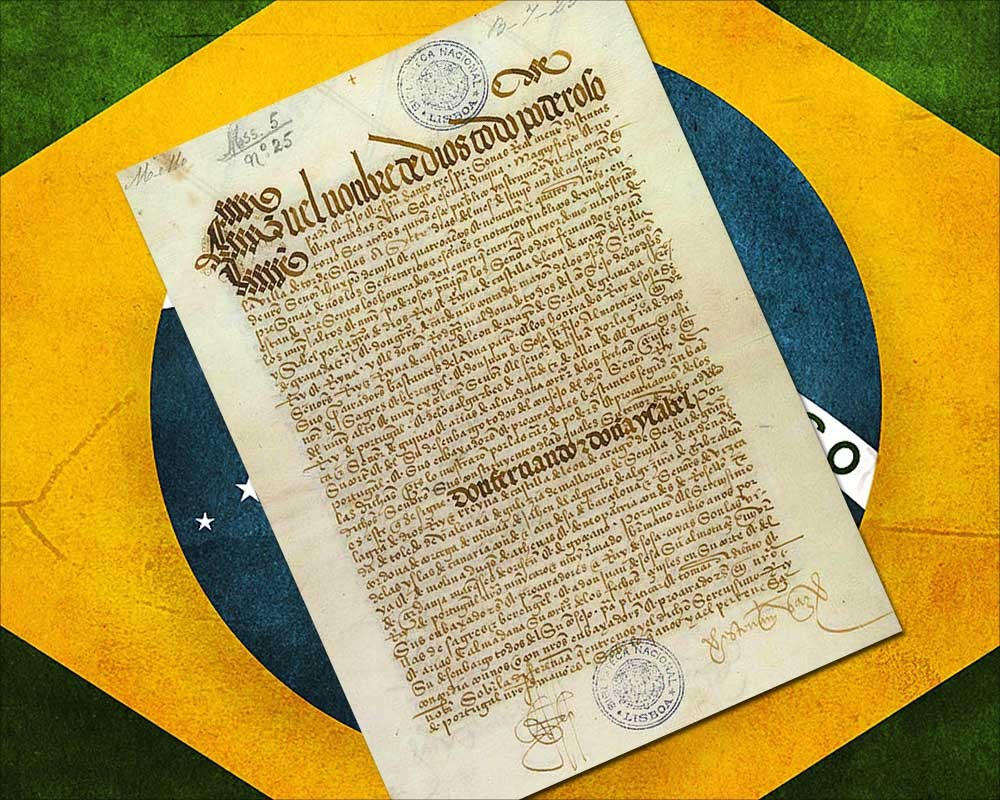The vast majority of South America speaks Spanish. So, why do Brazilians speak Portuguese? As the only South American nation with Portuguese as its official language, Brazil stands out. The answer lies in a fascinating historical tale involving a pope, a treaty, and the early days of exploration.
The Treaty of Tordesillas: Dividing the New World
Following Christopher Columbus’s voyages, Spain and Portugal, the dominant European powers of the time, embarked on a fierce competition to colonize the newly discovered lands. To prevent conflict, they sought arbitration from Pope Alexander VI, who was Spanish. In 1494, the Treaty of Tordesillas was signed, establishing a north-south demarcation line approximately 370 leagues west of the Cape Verde islands. Lands east of the line belonged to Portugal, and lands west belonged to Spain.
How Brazil Became Portuguese
Initially, the line favored Spain, granting them most of the Americas. However, the Portuguese renegotiated the treaty a year later, shifting the line further west. This crucial adjustment allowed Portugal to claim the territory that would become Brazil when Pedro Álvares Cabral landed there in 1500.
 A map showing the division of the world according to the Treaty of Tordesillas.
A map showing the division of the world according to the Treaty of Tordesillas.
From Brazilwood to Independence
The Portuguese initially focused on extracting Brazilwood, a valuable dye source that gave the country its name. Settlement expanded inland, but Brazil faced challenges from other European powers. The French, for example, briefly claimed Rio de Janeiro in the mid-16th century. For over two centuries, Brazil thrived as a Portuguese colony. However, in 1822, Brazil declared its independence from Portugal, led by Dom Pedro, son of the Portuguese King Dom João VI. This peaceful separation solidified Portuguese as the language of the newly formed nation.
Portuguese: The Heart of Brazilian Identity
Brazil’s unique linguistic heritage significantly impacts its national identity. From music and cuisine to art and literature, Portuguese profoundly shapes Brazilian culture, differentiating it from its Spanish-speaking neighbors. While Spanish dominates the region, Portuguese remains the language of over 207 million Brazilians and countless others worldwide, a testament to a historical decision that forever shaped the linguistic landscape of South America.
A Few Basic Portuguese Phrases
While Portuguese and Spanish share some similarities, they are distinct languages. Here are a few common Portuguese phrases:
- Good morning: Bom dia
- Good afternoon: Boa tarde
- Good evening/night: Boa noite
- Hi/Hello: Oi/Olá
- Goodbye: Tchau/Adeus
- Please: Por favor
- Thank you: Obrigado (male speaker), Obrigada (female speaker)
- You’re welcome: Não há de quê
